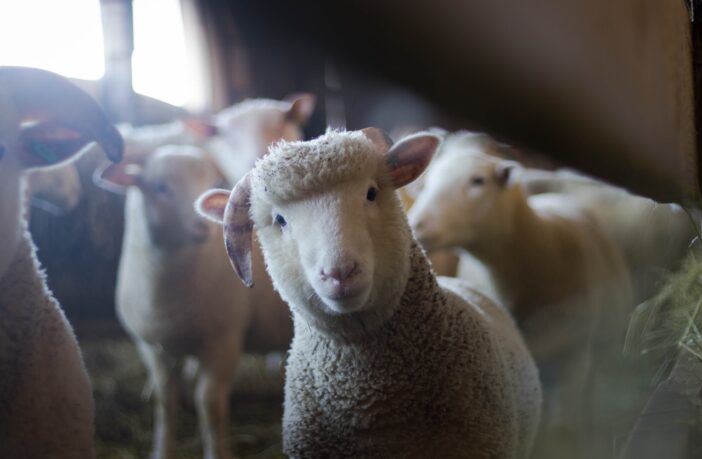A key way of preventing pandemics in the future is to reduce our meat consumption. That’s the view of Cock Van Oosterhout, a professor of Evolutionary Genetics at the University of East Anglia.
Van Oosterhout’s views, which have been published in Virulence suggest that there are three concerns with meat consumption – its contribution to global warming, the rise of use in antibiotics and the way that potentially pandemics can pass from animals to humans.
Van Oosterhout argues that reducing livestock is ‘imperative’ for public and planetary health, and suggests more money and research time be spent on developing meat alternatives.
“Mass food production has underpinned our ‘ecological success’ but it’s entirely unsustainable based on environmental, ecological, and coevolutionary grounds. We urgently need to reduce our reliance on animal protein, in particular the consumption of other mammals.”
“The vast amount of antibiotics used to enhance growth and control infections has led to the emergence of new, more virulent, and more resistant microorganisms.
“Given that mammals are phylogenetically closely related to humans, they also pose the most significant threat for the evolution and transmission of zoonotic EIDS.”
“With little genetic variation, this livestock lacks the“coevolutionary fuel” to adaptively respond to the challenges posed by new pathogens, forcing coevolution into an arms race scenario. Consequently, our livestock s continually losing fitness with each novel pathogen it contracts.”
Photo by Trinity Kubassek from Pexels




